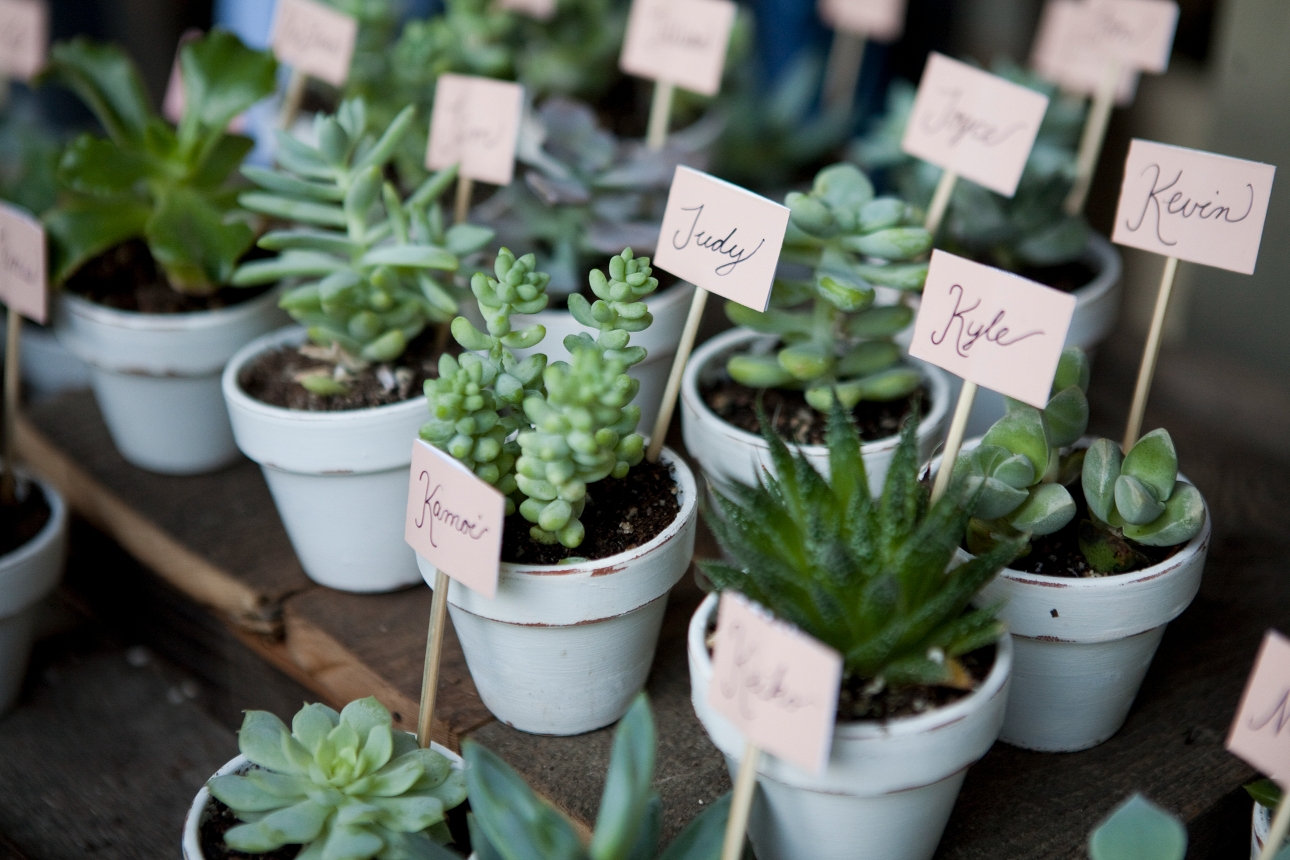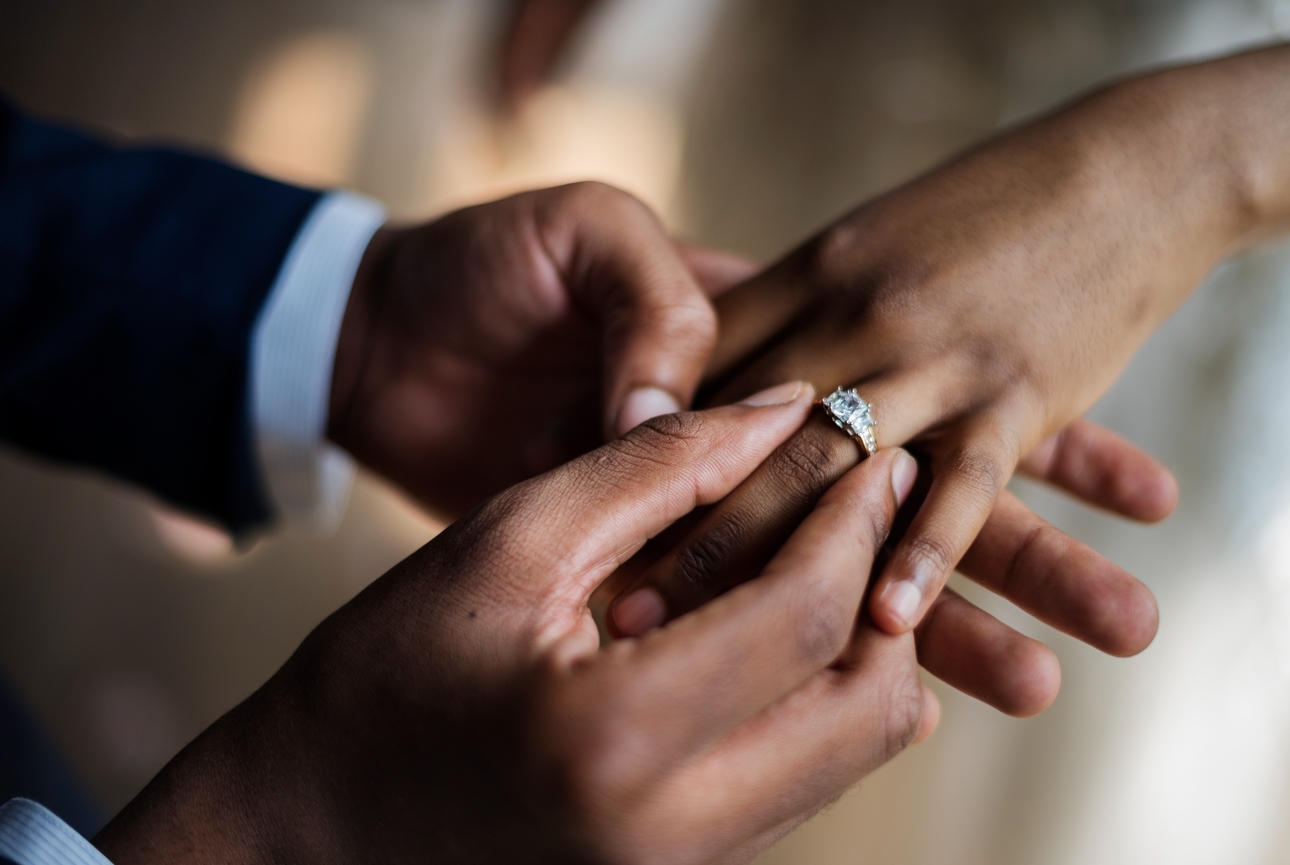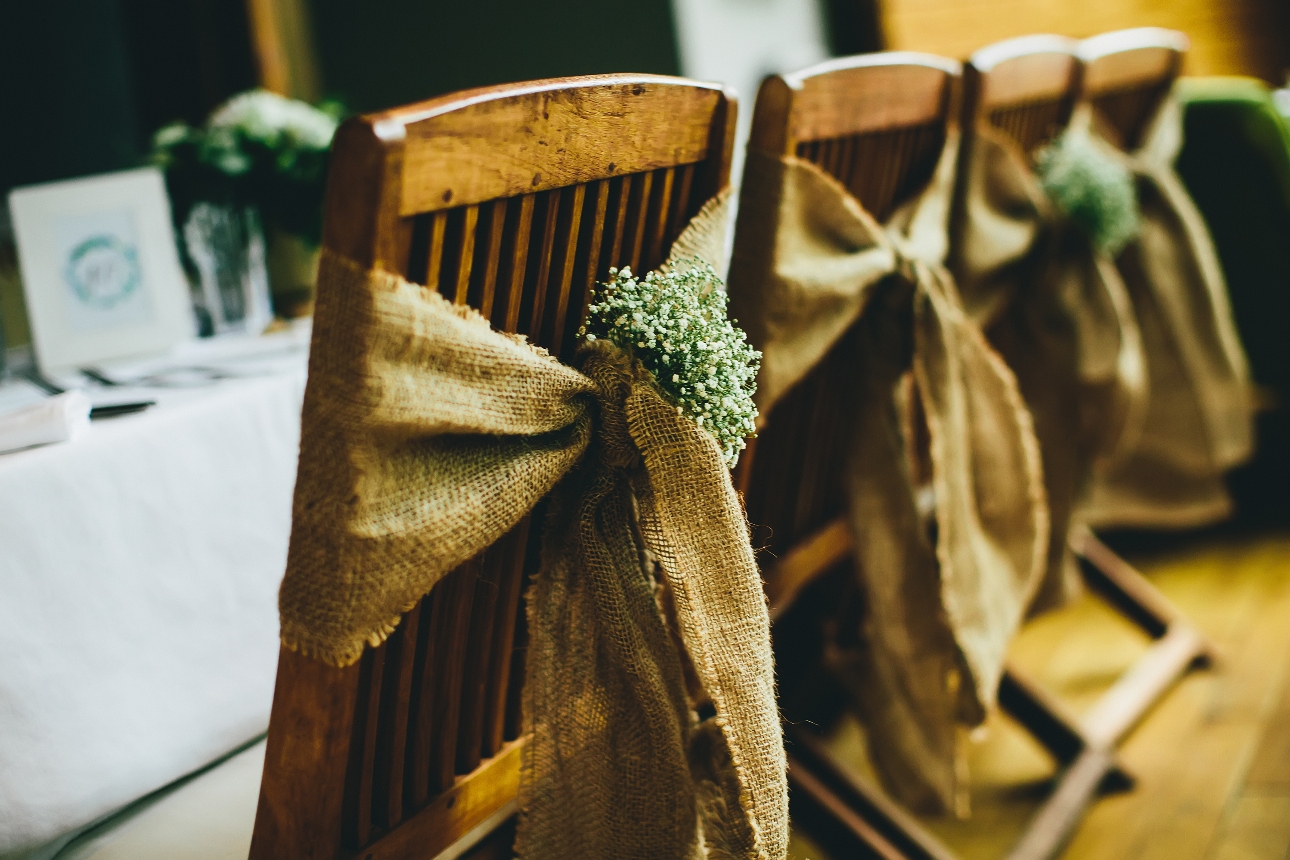All the latest wedding news for couples getting married in England and Wales, along with bridal fashion and beauty inspiration and honeymoon ideas.

Reports suggest that 4,910 tonnes of unrecyclable plastic was used up and left behind at British weddings last year, with this in mind, 77 Diamonds has released a planning guide to promote a more sustainable, ethical, and zero-waste approach to weddings.
Individually, one wedding can produce as much as 20kg of plastic waste. What's more, the black bags used to collect the rubbish are themselves potentially harmful. They can take as many as 90 years to break down under the ground. But it's not just plastic which has an impact. Food wastage is also a common theme for most weddings. A study from Sainsbury's revealed:

Rising levels of carbon dioxide (CO2) in the atmosphere have directly led to warmer global temperatures, as warm air is trapped within the Earth's atmosphere. As NASA highlight, this has directly led to shrinking ice sheets, warming oceans and a general rise in global temperature.
Sadly, UK weddings are again one of the chief offenders when it comes to CO2 contributions. As many as 14.5 tonnes of the gas will be created during an average celebration.
That's a startling figure, given annual carbon emission per capita in the UK is just 9.1 tonnes. With roughly 250,000 weddings taking place every year, that's a net result of 3,625,000 tonnes of gas being emitted.
Let's discover how you can make each aspect of your big day more eco-friendly...
Ethical conflict-free rings
Whether it's your engagement ring or wedding ring, there are ways you can ensure the precious stone you're using has been sourced ethically.
Research the jeweller
Find out as much as you can about a jeweller before you purchase from them. If you're not sure what to look for, try to find signs like:

Eco-friendly décor
You don't have to compromise on your perfect décor just because you're trying to make your wedding as green as possible. There are a number of clever techniques you can use to remain sustainable without sacrificing the aesthetic appeal of your big day.
Lighting
Make the most of the daylight while you can. Setting up solar panels during this period can help to make a big difference later in the day. Collecting enough energy at this point could mean your entire evening is lit by a sustainable source. Failing that, you could employ the use of hundreds of beeswax candles. These can hang from the ceiling and provide natural lighting for the reception.
Place cards
Any form of paper signage which you use can be sourced ethically, or even replaced altogether. When it comes to place cards, bamboo or recycled options are the best way to go. For your wedding invites, think instead about sending out electronic save-the-dates, and asking people to confirm their attendance online. If you know particular guests are not computer-savvy, reach out to them via the phone.
Confetti
There's a relatively easy alternative to traditional confetti that comes in the form of biodegradable, dried out petals. These not only retain the aesthetic appeal of the original product but break down naturally in the environment without doing any damage.
Other natural materials
From the tablecloth to your napkins, there are a series of decorations which you can find made from materials like hessian, hemp or pure linen. When it comes to tableware, consider using rustic natural wood, sourced from sustainable forests. This extends to the likes of tables, bowls and even cutlery.
For more top tips, ideas and inspiration visit 77diamonds.com